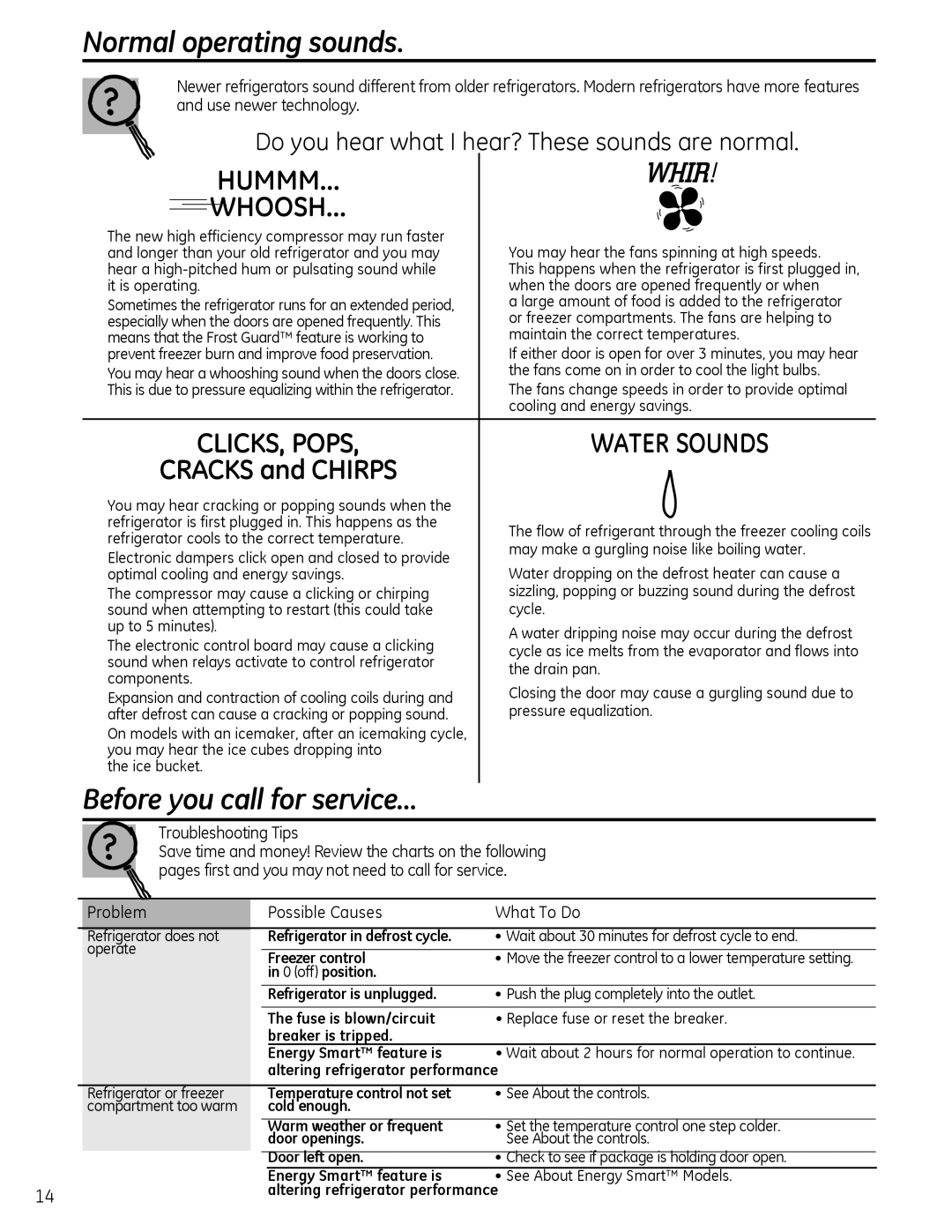22, 20 specifications
The GE 20,22 series engines represent a significant evolution in aviation technology, embodying advancements that enhance efficiency, reliability, and environmental sustainability. As part of General Electric's commitment to innovation in aerospace propulsion, these engines are designed to meet the rigorous demands of modern commercial aviation while minimizing their environmental footprint.One of the main features of the GE 20,22 engines is their high bypass ratio, which plays an integral role in achieving improved fuel efficiency. By maximizing the amount of air bypassing the engine core, these engines produce more thrust without a proportional increase in fuel consumption. This characteristic makes them ideal for long-haul operations, effectively reducing operating costs for airlines.
The engines also incorporate advanced materials and manufacturing techniques. The use of lightweight composite materials in fan blades and cases contributes to overall weight reduction, enhancing performance without sacrificing durability. Additionally, the integration of advanced ceramic matrix composites (CMCs) in critical components allows for higher operating temperatures, thereby increasing efficiency and reducing emissions.
Technologically, the GE 20,22 series engines are equipped with state-of-the-art digital control systems. These systems provide precise monitoring and adjustments during operation, leading to optimal performance and reduced maintenance requirements. The implementation of real-time data analytics allows for predictive maintenance, enabling operators to anticipate issues before they arise, thereby improving overall reliability.
Noise reduction is another critical characteristic of the GE 20,22 engines. They feature designs and technologies that significantly diminish noise levels during operation, addressing the growing concerns of communities around airports. This commitment to reducing noise, in conjunction with lower emissions, aligns with global efforts to create a more sustainable aviation industry.
Finally, the GE 20,22 engines are compatible with alternative fuels, showcasing General Electric’s forward-thinking approach to sustainability. As the aviation sector moves towards greener solutions, these engines are positioned to use biofuels and synthetic fuels, further decreasing their ecological impact.
In conclusion, the GE 20,22 series engines embody the latest in aerospace technology with their efficiency, reduced emissions, advanced materials, and noise reduction capabilities. Their design not only meets the needs of today’s airlines but also contributes to the industry's path towards a more sustainable future.

